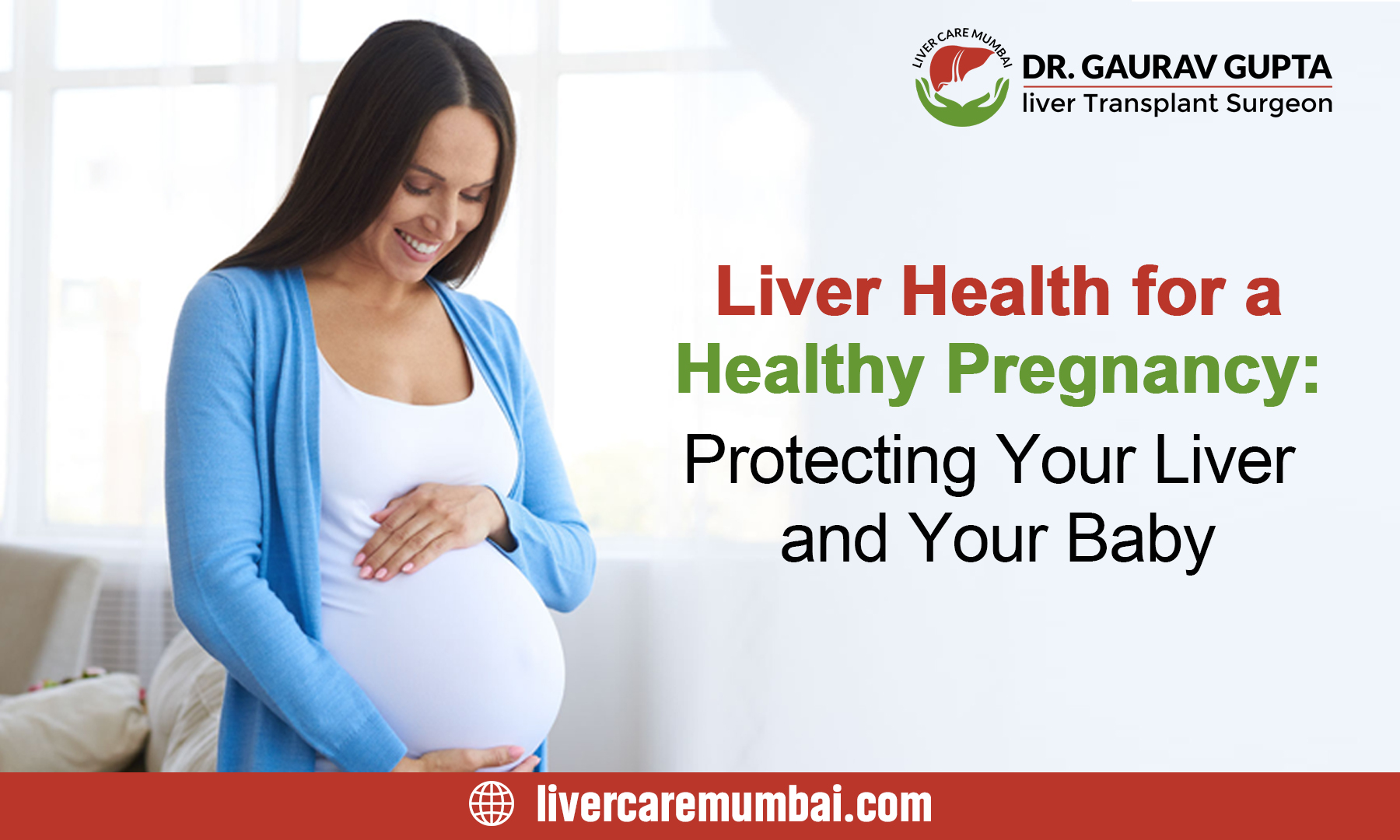Pregnancy is a special time in a woman’s life, and maintaining good liver health is crucial for the well-being of both the mother and the developing baby. The liver plays a vital role in various metabolic processes and filtering toxins from the body. In this article, we will explore the importance of liver health during pregnancy and discuss essential steps to protect the liver and promote a healthy pregnancy.
Understanding the Liver’s Role in Pregnancy: The liver performs several vital functions during pregnancy, including hormone metabolism, blood clotting, and detoxification. It helps regulate blood sugar levels, cholesterol synthesis, and the production of essential nutrients. Additionally, the liver filters and eliminates toxins that can harm both the mother and the developing baby. Maintaining optimal liver health is essential to support a healthy pregnancy and ensure the proper development of the baby.
Healthy Eating for Liver Health: A nutritious diet is fundamental for liver health during pregnancy. Include foods that support liver function, such as fruits, vegetables, whole grains, lean proteins, and healthy fats. Avoid excessive intake of processed foods, refined sugars, and unhealthy fats. Stay hydrated and limit caffeine and alcohol consumption. Additionally, consider incorporating liver-supportive foods like garlic, leafy greens, beets, and citrus fruits into your diet.
Managing Gestational Conditions: Some gestational conditions, such as gestational diabetes and preeclampsia, can impact liver health. It is important to manage these conditions under the guidance of your healthcare provider. Follow recommended treatment plans, monitor blood sugar levels, maintain a healthy weight, and engage in regular physical activity. These measures can help reduce the risk of liver-related complications and promote overall well-being during pregnancy.
Medication and Supplement Safety: During pregnancy, consult with your healthcare provider before taking any medications or supplements. Some medications and supplements may have adverse effects on liver health. Your healthcare provider can guide you in making informed decisions and recommend safe alternatives if needed. Avoid self-medication and always follow the prescribed dosages and instructions.
Regular Prenatal Care and Monitoring: Attending regular prenatal check-ups is essential for monitoring your liver health during pregnancy. Your healthcare provider will conduct necessary blood tests to assess liver function and detect any abnormalities. They can provide personalized guidance based on your specific health needs and address any concerns you may have.
Taking care of your liver during pregnancy is vital for the well-being of both you and your baby. By following a nutritious diet, managing gestational conditions, being cautious with medications and supplements, and seeking regular prenatal care, you can protect your liver and promote a healthy pregnancy. Remember, always consult with a Liver Specialist for personalized advice and guidance throughout your pregnancy journey.

